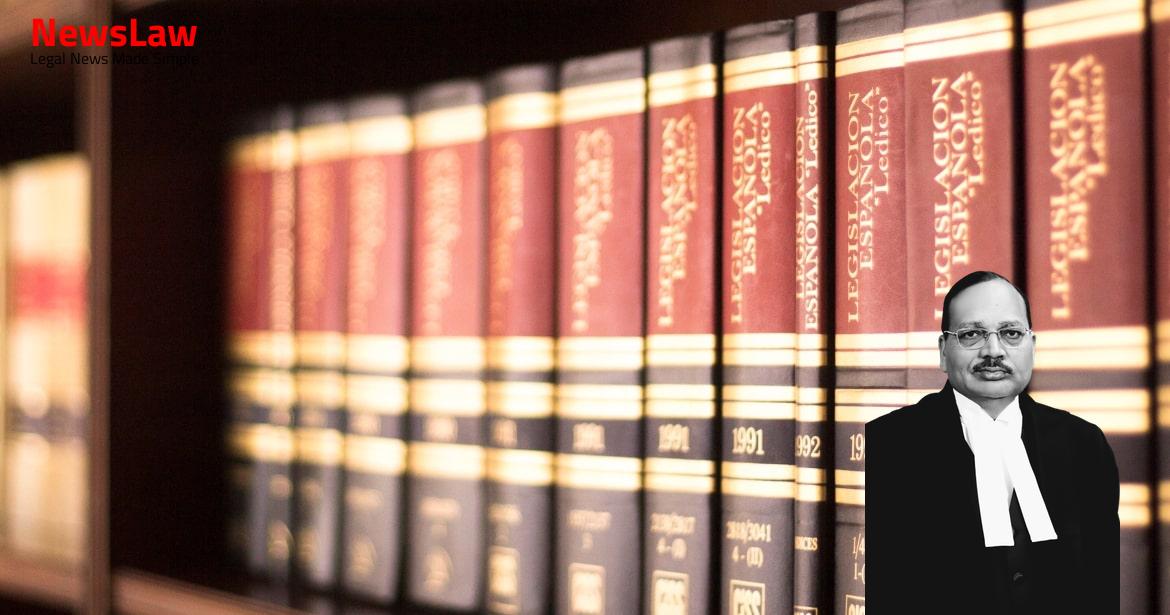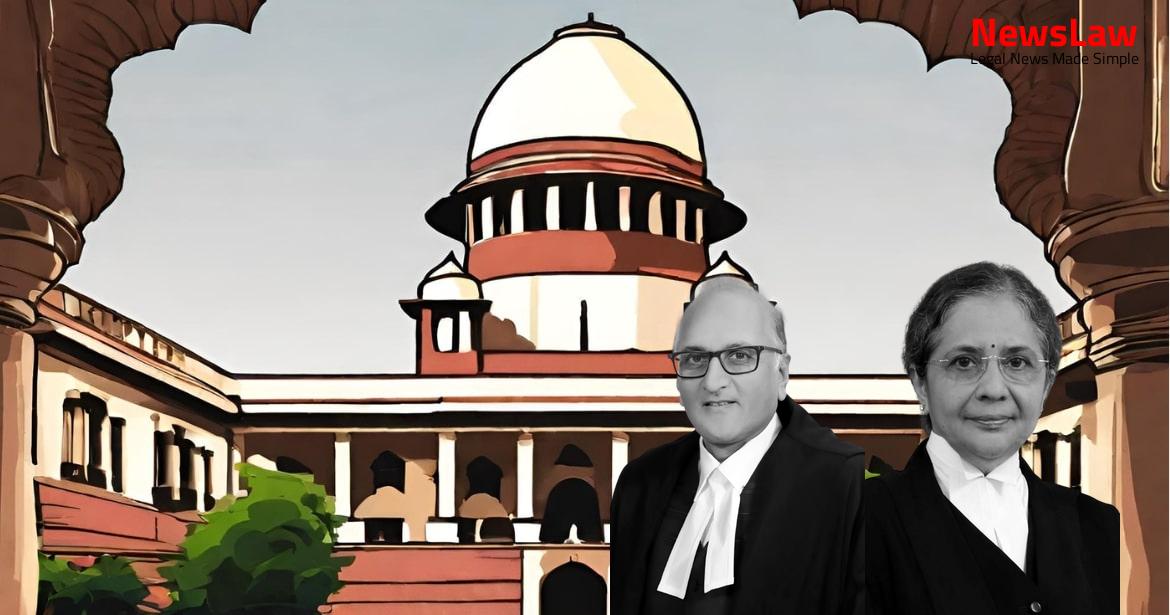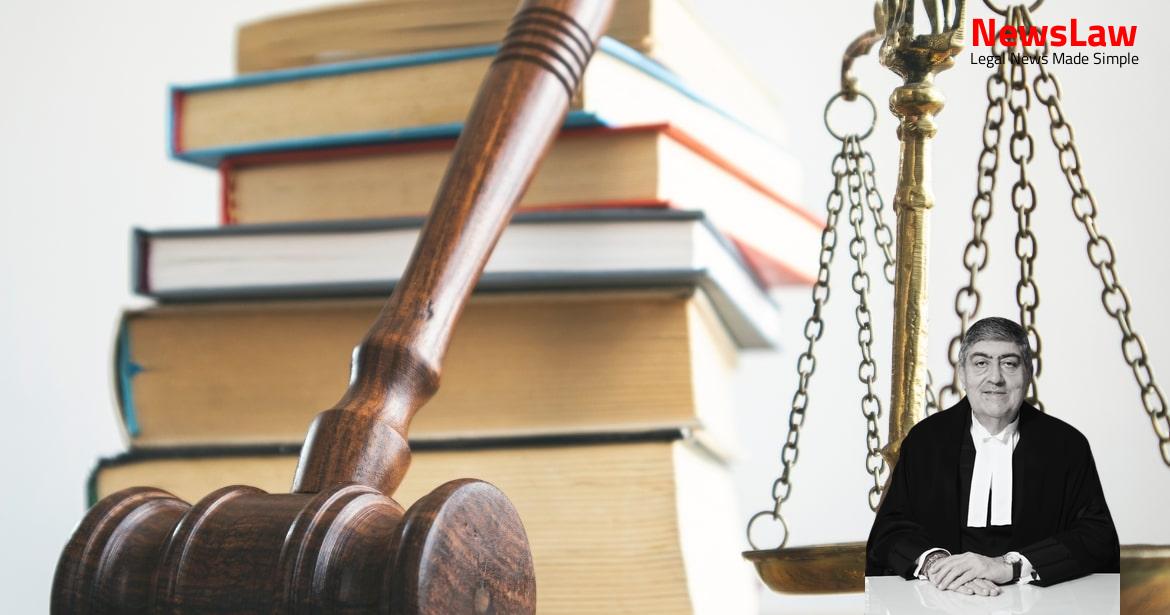Delve into the intricacies of a recent legal case highlighting the court’s detailed legal analysis regarding tender disputes. The focus is on the judicial review process in commercial transactions, emphasizing procedural propriety, public interest considerations, and the balance between commercial freedom and prevention of illegality. Stay tuned to uncover insights into the court’s interpretation of contractual terms and the significance of substantive compliance with tender processes.
Facts
- BCCL operates coal mines in India and outsources tasks through competitive bidding processes.
- C1 India is appointed as the service provider for e-tendering of contracts.
- A Notice Inviting Tender (NIT) was issued for hiring of HEMM for coal extraction.
- Technical issues during the online auction process led to disruptions and bids not being responded to within the time limit.
- The auction was closed at 1:03PM automatically due to a bid being unresponded for 30 minutes.
- After technical faults were resolved, the auction was restarted at 2:30PM and concluded with Respondent No 6 being declared successful.
- Subsequent legal actions were taken by unsuccessful bidders including a Writ Petition filed by Respondent No 1.
- The High Court was approached seeking a declaration as L-1 bidder and quashing of LOA issued to Respondent No 6.
- The Division Bench of the High Court quashed the LOA issued by BCCL in favor of RK Transport and deemed all consequent work as invalid.
- The auction process conducted by C1 India was set aside due to various irregularities such as unauthorized logins, failure to pause the auction process during crucial periods, and erroneous calculation of extended time.
- The High Court found that BCCL and C1 India failed to maintain the sanctity of the auction process, leading to doubts on procedural propriety and indicating arbitrariness in decision-making.
- Deviations from the terms of the NIT were considered detrimental to the integrity of the process and deemed contrary to public interest.
- The High Court emphasized the limited scope of writ jurisdiction in contractual dealings and the need to defer to the commercial wisdom of the executive.
- AMR-Dev Prabha’s participation in the auction post-resumption was seen as acquiescence to any irregularities and BCCL’s condonation of delay in submission by RK Transport was deemed permissible and in public interest.
- The delay in the auction process, lack of technical complaints by bidders, and errors in communication were highlighted as factors contributing to the illegality of the process.
- The High Court ordered reconduction of the auction and directed a vigilance inquiry into the matter based on precedents regarding judicial review in tender matters.
- The decision-making process was defended as legal, rational, and not arbitrary, with consideration given to the substantial discretion granted by the NIT terms.
- Respondent No. 4 contended that the delay in decision-making was due to determining the source of interruptions and that no prejudice was caused to any bidder.
- BCCL strongly opposed the possibility of judicial review in the present case.
Also Read: Legal Analysis on Arbitration Petition Limitation Period
Arguments
- Hyper technical compliance may not always be possible or desirable as it can undermine substantive equality.
- Reliance was placed on the CERT-IN report to show lack of malicious intent or tampering.
- There was substantive compliance with the tender process and NIT clauses, serving the public interest of lowest price discovery.
- Interruptions at the end of TCL were seen as operational inefficiencies common in e-tendering processes.
- The present proceedings were argued to be an abuse of process by AMR-Dev Prabha, with the goal of pressuring BCCL to award the tender.
- Lack of protests during or after the auction, and significant delay in filing the writ petition, were deemed as afterthoughts for commercial gain through litigation.
- AMR-Dev Prabha’s changing stance throughout the litigation was highlighted, showing their personal interest over public interest.
- No adverse inference against Respondent 1 due to illegal resumption of bidding process.
- Auction was closed, not paused, hence resumption not possible.
- Time calculation should start from when internet issue began, as per appellant’s own admission.
- Public interest prioritization highlighted based on legal precedents.
- Claim made regarding BCCL’s refusal to accept lower bid.
- Extension of 1 hour and 27 minutes challenged.
- Emphasis on Respondent 1’s offer rejection and public interest value maximization.
Also Read: Analysis of High Courts’ Jurisdiction and Court Orders Under Article 142
Analysis
- The document belonging to M/s. Montecarlo Ltd. was used by M/s. AMR Dev Prabha to stake their claim as the lowest bidder.
- C1 India failed to report the notification of closure of the auction by the system at 13:03:47 hours to BCCL and participating bidders.
- Auction process extension was communicated uniformly to all bidders due to the closure notification generated at 1:03 PM.
- The conduct of C1 India Pvt. Ltd. was found to be unsatisfactory.
- The cause of action was stated to arise from Respondent No 6 not submitting the Performance Guarantee within 28 days.
- The issue regarding public interest and judicial review was emphasized by the Division Bench.
- The primary focus of AMR-Dev Prabha’s case was being declared the lowest bidder at 1:03 PM on 05.05.2015.
- The shift in the first respondent’s argument from seeking quashing of LOA to making a new offer was noted.
- Public interest consideration in commercial disputes between tenderers was highlighted.
- The importance of public interest and avoiding delays in projects through court intervention was stressed.
- The generation of the notification of closure during connectivity interruption was deemed as significant.
- BCCL’s failure to demand a report from C1 India Pvt. Ltd. regarding the interruption was noted.
- Court intervention should only occur if substantial public interest or mala fide intentions are involved.
- Allegations of illegality, irrationality, and procedural impropriety justify court intervention.
- The necessity of demonstrating public interest for seeking remedies was outlined.
- Interpreting NIT terms and the impact on public law rights was discussed.
- The need to prevent bypassing civil courts for contractual disputes was emphasized.
- Technical ability and completion timeliness were pointed out as critical factors in bidding processes.
- Ensuring the right sought through writ relief is in public law, not purely contractual, was highlighted.
- Jagdish Mandal v. State of Orrisa, (2007) 14 SCC 517 ¶ 22 indicated that the interest of Respondent No 1 was private and monetary in nature.
- The extent of the duty to act fairly varies case by case.
- Evaluating tenders and awarding contracts are commercial functions.
- Judicial review in matters of tenders or contract awards must consider special features.
- Certain relaxation can be granted by the State if tender conditions permit.
- If a contract award is bona fide and in public interest, courts will not interfere even if there are procedural errors.
- Precedent suggests that seeking re-bidding for a better price is not a valid reason for invoking Article 14 of the Constitution.
- The focus of judicial review in tender matters is on the decision-making process, not on the end result.
- Courts are only concerned with the lawfulness of a decision, not its soundness.
- The power of judicial review does not protect private interest at the expense of public interest or decide contractual disputes.
- An entity being declared the L-1 bidder does not entitle them to the contract award as a public law entitlement.
- An unsuccessful tenderer can seek damages in civil court but cannot insist on the State accepting their tender.
- Balance is maintained between commercial freedom and prevention of collusion and illegality in contract awards.
- Judicial review aims to prevent arbitrariness, irrationality, bias, and mala fides in administrative actions.
- Judicial intervention should be consciously restrained to avoid delays and increased project costs.
- The grounds for control by judicial review include illegality, irrationality, and procedural impropriety.
- Accusations against the State do not bypass civil adjudicatory processes for seeking writ relief.
- Writ courts must consider the nature of the dispute and relief sought, not just the identity of the opposing party.
- The State and its agencies have a public duty to be fair to all concerned in commercial transactions.
- BCCL and C1-India relied on clauses of the NIT for various decisions, indicating their understanding of the requirements.
- High Court should have deferred to BCCL’s interpretation of the clauses unless it was clearly incorrect or had malicious intent.
- Differences in contractual interpretation should not be sufficient grounds for finding illegality.
- Respondent No. 1 seeks to enforce terms of the NIT, requiring interpretation of contractual terms.
- Judicial interpretation of contracts in commerce is different from interpreting statutes.
- Privity of contract between Respondent No. 6 and the appellant is a settled legal principle.
- No merit seen in the justification for the delay in filing the writ by the first respondent.
Also Read: Electoral Malpractices in Mayor Election
Decision
- The Division Bench judgment of the High Court dated 12.04.2018 is set-aside
- The writ petition filed by AMR-Dev Prabha is dismissed
- Resultantly, the appeal filed by AMR-Dev Prabha is dismissed
- The appeal filed by Bharat Coking Coal Ltd, as well as connected appeals filed by M/s RK Transport and M/s C1 India Pvt Ltd, are allowed
Case Title: THE BHARAT COKING COAL LTD. Vs. AMR DEV PRABHA (2020 INSC 307)
Case Number: C.A. No.-002197-002197 / 2020



